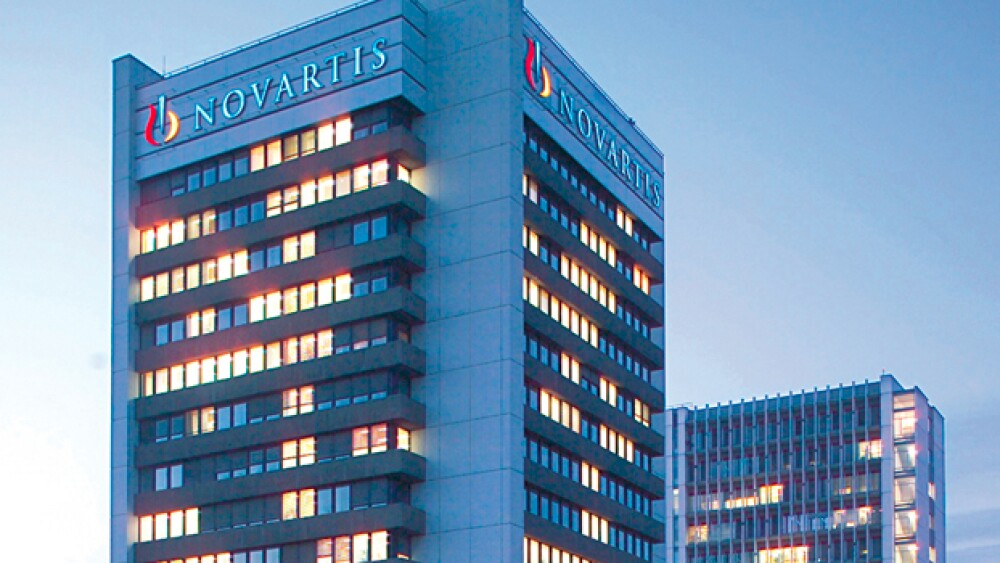Last year, Novartis’ multiple sclerosis drug Gilenya generated more than $3 billion in revenue, with a little more than half of that coming from sales in the United States. As the drug faces patent loss in the future, Novartis is fighting to preserve that revenue driver with multiple lawsuits.
Last year, Novartis’ multiple sclerosis drug Gilenya generated more than $3 billion in revenue, with a little more than half of that coming from sales in the United States. As the drug faces patent loss in the future, Novartis is fighting to preserve that revenue driver with multiple lawsuits.
The Swiss pharma giant has filed lawsuits against two dozen generic-drug makers to protect its revenue stream, Bloomberg reported this morning. The lawsuits against such companies as Sun Pharmaceutical, Teva Pharmaceuticals and Mylan NV, were filed after the company won a patent case last week that had challenged the originality of the Gilenya patent, Bloomberg said. Novartis previously lost an Inter Partes Review battle over Gilenya last year that many investors thought would open the door to generic competition by 2019. Last week’s ruling changed that.
Last week’s ruling from the U.S. Patent and Trademark office pushed Novartis’ exclusivity on Gilenya from 2019 to 2027, FiercePharma reported at the time. The patent decision was significant for Novartis as it staves off a predicted steady decline of revenue. Had Novartis lost the patent dispute, Brighthouse Financial analyst Pierre Corby has predicted Novartis would see Gilenya’s U.S. revenue drop to $1.2 billion next year. Then things would get really bad and the drug was predicted to only bring in about $200 million in revenue in 2020, FiercePharma reported. Corby said in a note that the patent decision changes everything for Novartis and that his firm would “up” its estimates for Gilenya in the United States.
The lawsuits filed this week are seeking to block any potential generic versions of the multiple sclerosis drug until its patent expires nine years from now, in 2027.
Novartis spokesman Eric Althoff told Bloomberg that any potential generic product “may infringe the dosage regimen patent which was upheld by the US PTO.” Althoff added that Novartis is asserting the patent through the legal actions.
Bloomberg said the lawsuits against the generics allege infringements on the Novartis patents. Citing Jeffries analyst Michael Yee, Bloomberg said the company is leaning on the success of its victory in the U.S. Patent and Trademark case, to try and “block generic competition.” As of now, it remains unclear if the lawsuits will prevent rivals from launching generic competitors to Gilenya, Bloomberg said.
With its $3.2 billion in global sales for 2017, Gilenya was Novartis’ largest single-contributor to its revenue stream.





